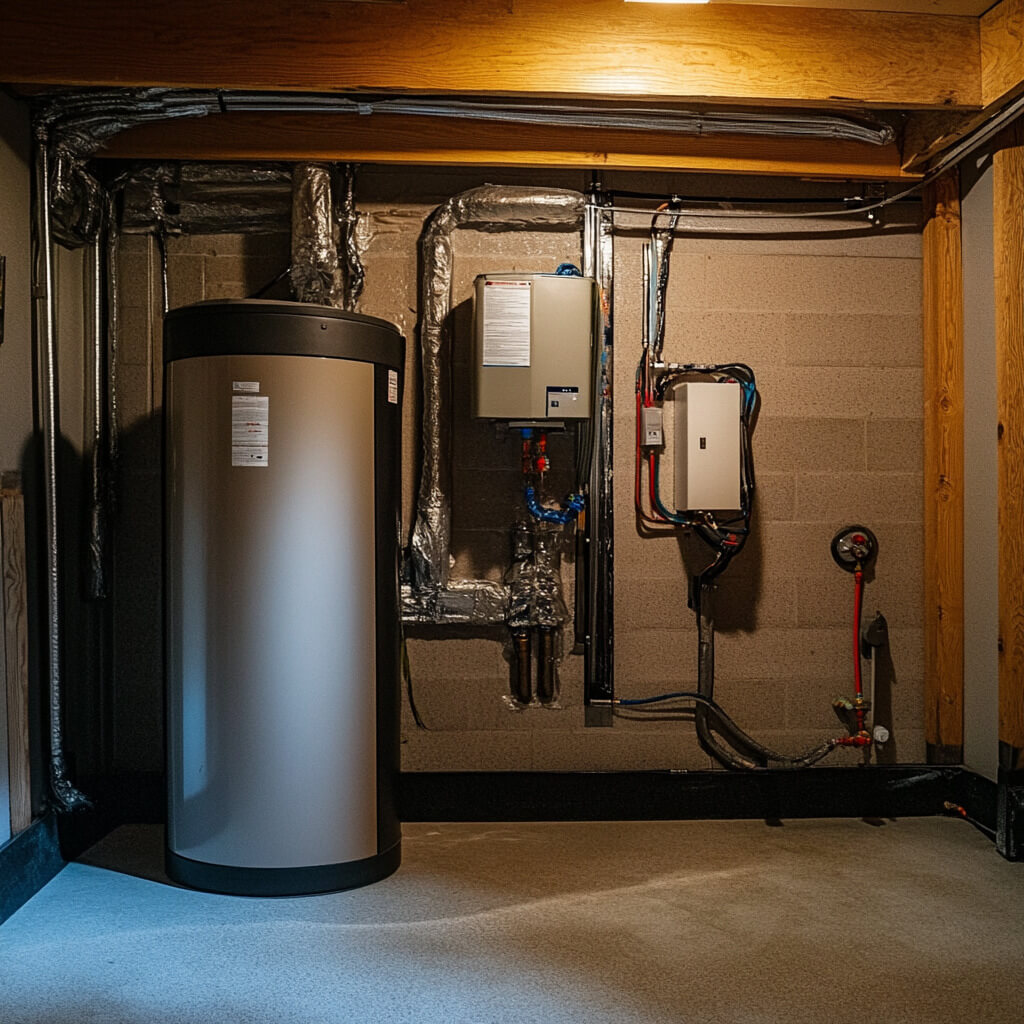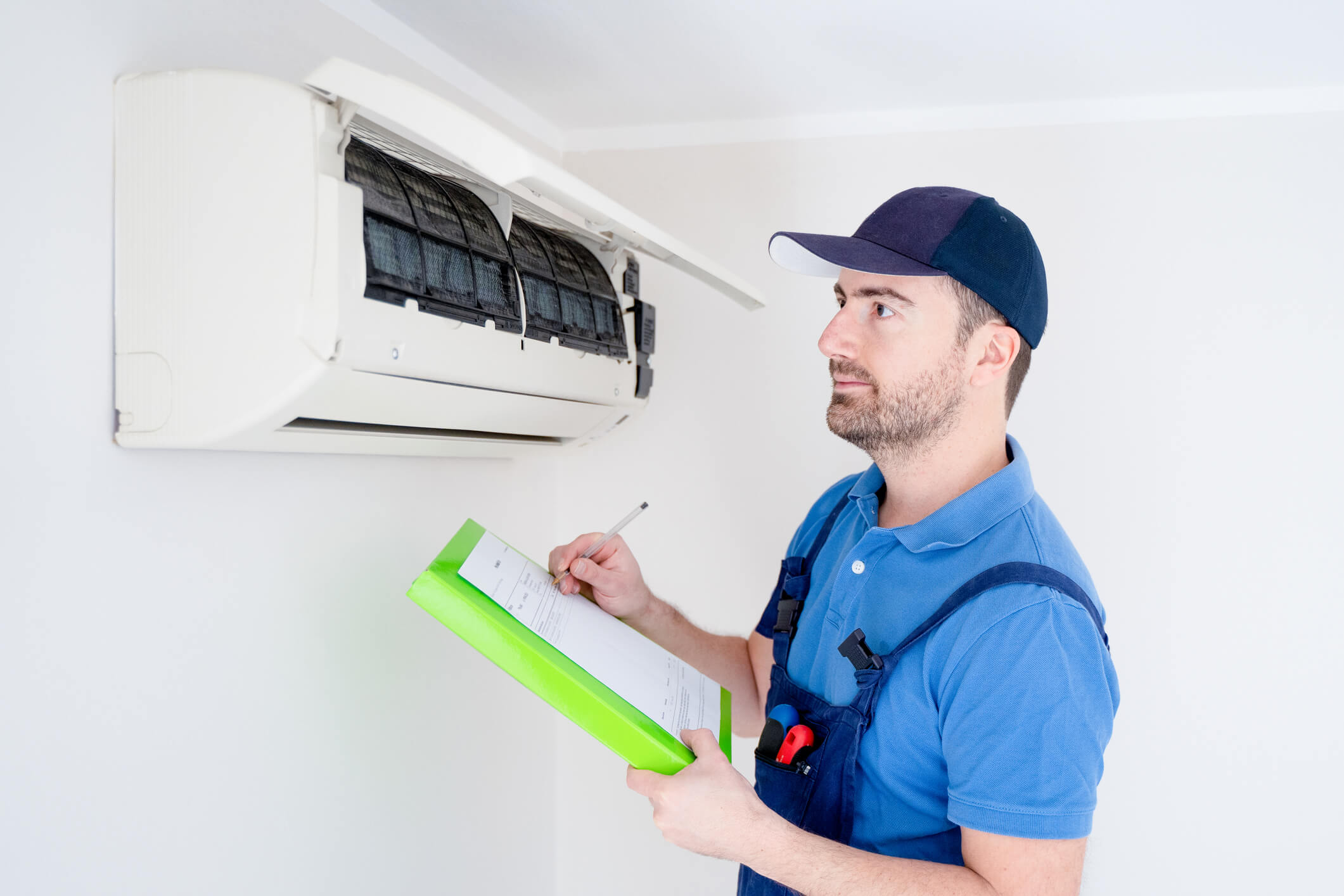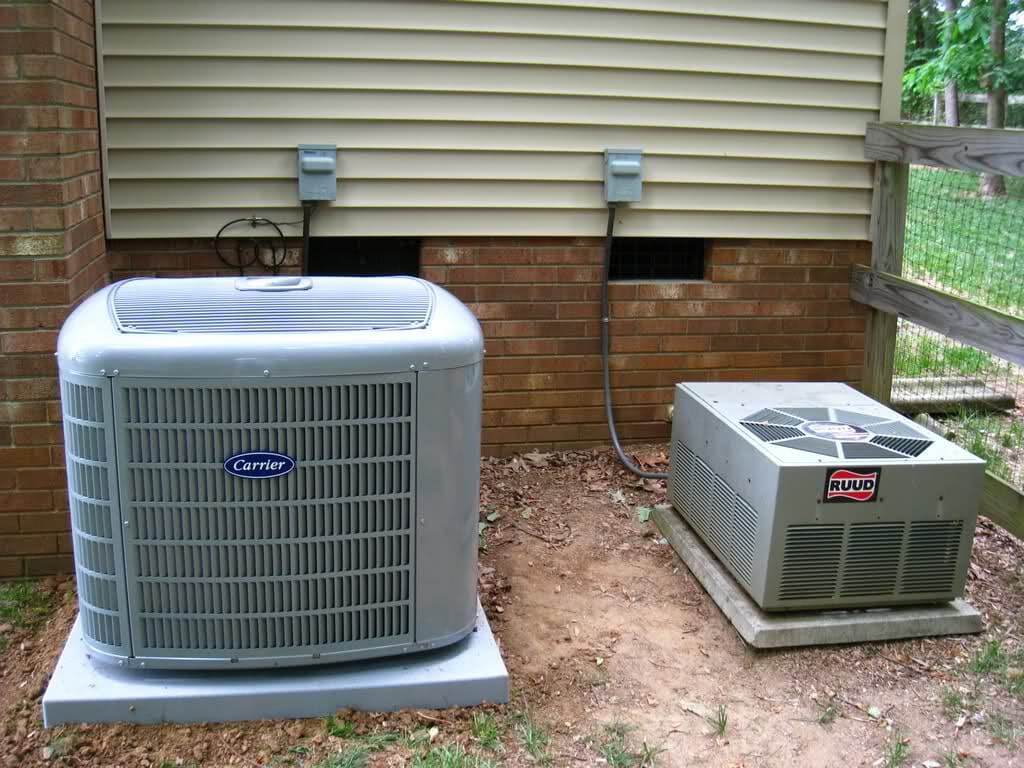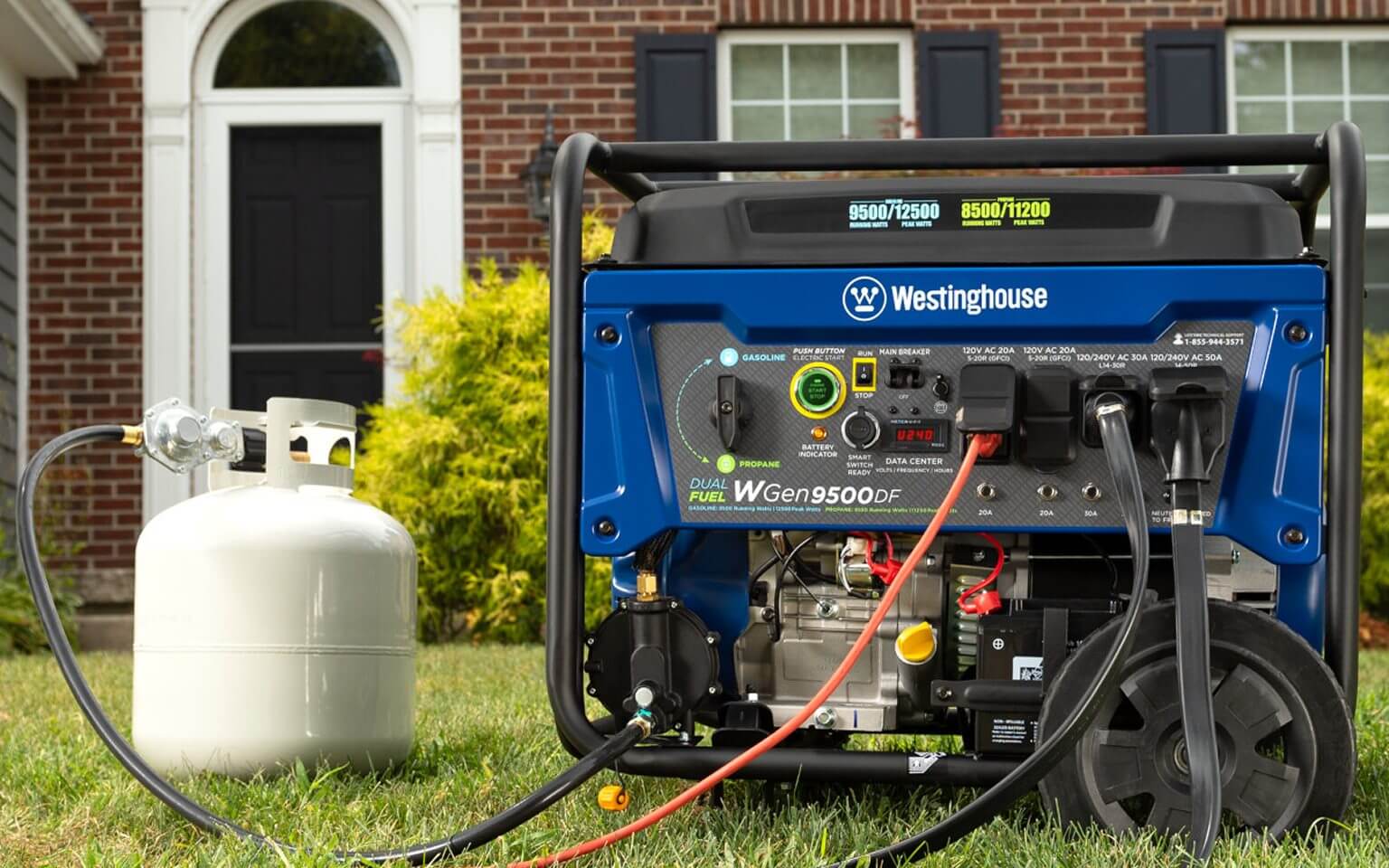Are you doing an HVAC project?
Modernize can pair you with three to four pros in your area, so you can compare options and save time and money.
Choosing the Right Water Heater Starts With the UEF Rating
When comparing water heaters for your home, understanding efficiency ratings is key to selecting the most cost-effective system. One of the most important terms you’ll come across is Uniform Energy Factor (UEF). This rating helps determine how efficiently a water heater converts energy into hot water. In this guide, we’ll explain what UEF ratings mean, how they’re measured, and how to use them to choose the best water heater for your needs.
What Is UEF?
Uniform Energy Factor (UEF) measures the overall efficiency of a water heater. It represents the ratio of useful hot water produced to the total energy consumed during a typical day. In simpler terms, the higher the UEF rating, the more efficient the water heater.
For example, a water heater with a UEF of 0.90 converts 90% of the energy it uses into hot water, while the remaining 10% is lost as heat. Modern water heaters typically have UEF ratings ranging from 0.60 to 0.95, depending on the type and technology used.
UEF Rating Categories
The U.S. Department of Energy (DOE) divides water heaters into categories based on capacity and application, then rates their efficiency using UEF. Below is a general breakdown:
| UEF Rating | Efficiency Level | Common Type |
|---|---|---|
| 0.60 to 0.65 | Standard Efficiency | Older or basic electric/gas models |
| 0.66 to 0.79 | Good Efficiency | Conventional tank models with insulation improvements |
| 0.80 to 0.89 | High Efficiency | Gas condensing or hybrid models |
| 0.90+ | Superior Efficiency | Heat pump or tankless water heaters |
UEF vs. Energy Factor (EF): What Changed?
Before 2017, water heaters were rated using the Energy Factor (EF) system. The UEF replaced EF to provide a more accurate and standardized way to measure efficiency. While both metrics indicate how efficiently energy is converted into hot water, UEF testing uses more realistic household usage patterns and accounts for standby losses and recovery time.
In short:
- UEF = updated, real-world measure of performance
- EF = older system that’s now phased out
If you’re comparing older models or reading older product specs, the UEF rating will generally be slightly lower than the corresponding EF number — but it reflects true performance more accurately.
Find the Right Contractor for Your HVAC Project
Whether you’re ready to begin your project now or need some expert advice, our network of contractors are here to help. With a few simple questions, we’ll find the best local professionals for you

Why the UEF Rating Matters
Choosing a water heater with a high UEF can have a big impact on both your utility bills and environmental footprint. Here’s why it matters:
- Lower Operating Costs: A more efficient water heater uses less energy, saving money over time.
- Energy Rebates and Incentives: High-UEF models may qualify for federal tax credits or local energy rebates.
- Reduced Carbon Emissions: Using energy more efficiently helps lower your household’s carbon footprint.
- Improved Performance: Heat pump and tankless models with higher UEF ratings often deliver more consistent hot water and faster recovery times.
Choosing the Right UEF for Your Home
When shopping for a water heater, don’t just look at price; consider efficiency as well. A model with a higher UEF rating might cost more upfront but can pay for itself through lower monthly energy bills. Here’s what to keep in mind:
- For electric storage tanks, aim for a UEF of 0.92 or higher.
- For gas storage tanks, look for a UEF of 0.68 or higher.
- For tankless or heat pump water heaters, choose models with UEF ratings above 0.90 for maximum efficiency.

The Bottom Line on UEF Ratings
Understanding UEF ratings is one of the most effective ways to make an informed decision about your next water heater. A higher UEF means the system converts more energy into usable hot water, helping you save on utility bills while reducing waste. Whether you choose a traditional tank, a tankless model, or a heat pump system, comparing UEF ratings ensures you’re getting the best balance of performance, cost, and long-term efficiency.
Before installing a new unit, review each model’s specifications and consider your household’s hot water needs. Partnering with a qualified contractor can help you interpret efficiency labels, compare product options, and find rebates available in your area. With the right guidance, your next water heater can deliver both comfort and savings for years to come.
Find the Right Contractor for Your HVAC Project
Whether you’re ready to begin your project now or need some expert advice, our network of contractors are here to help. With a few simple questions, we’ll find the best local professionals for you
Reviews from Real Homeowners
Welcome to Homeowner Resources! We are the Modernize blog. Modernize pairs more than 3 million homeowners a year with pre-vetted contractors in their area. This blog started because we believe homeowners should know everything about their homes, from how their HVAC works to which front door colors they might love. On Homeowner Resources, you can find information on every part of your home, right down to how you can negotiate with contractors to get the best price. Here's more about the blog.
Need a contractor? Learn more about how Modernize finds the right pro for you.




